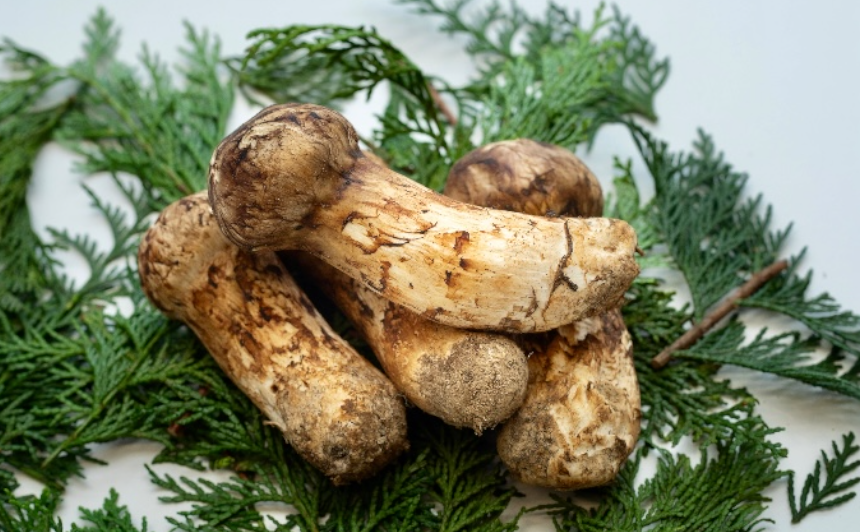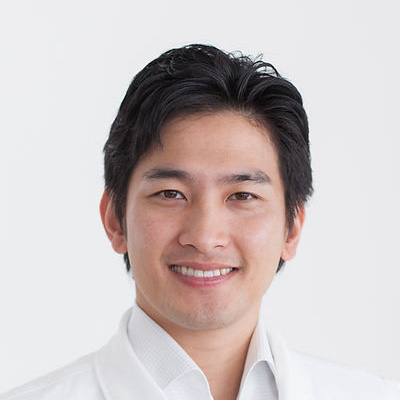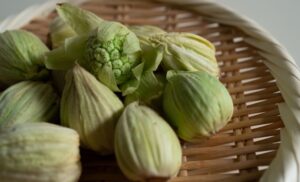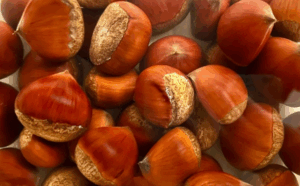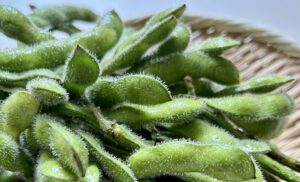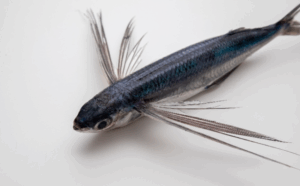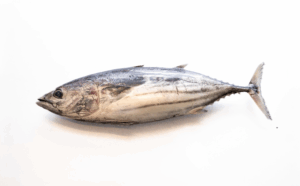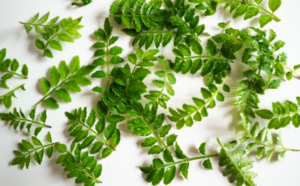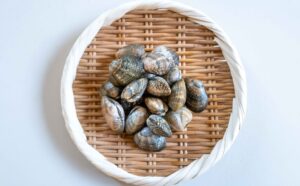Matsutake mushrooms are one of the true tastes for the upcoming season in Japan, much-loved for their unique fragrance.
For many Japanese, it’s a wonderful aroma, but because smell preferences can be a cultural thing, I’ve heard some people from overseas might not find it that appealing.
Matsutake are pretty hard to cultivate, so they’re almost always gathered from the wild. It’s possible to grow them in labs, but they can’t be produced in bulk this way at this point. That’s why wild matsutake are a prized wonder, a gift from nature.
Maybe the most classic way to enjoy this mushroom type is in “dobin-mushi”—a fragrant broth steamed in a little earthenware pot. You put in dashi made with bonito flakes and kombu, add shrimp, ginkgo nuts, mitsuba, and of course fresh matsutake, then heat it directly over the fire. The aroma of the matsutake seeps into the broth beautifully.
They say forest workers probably came up with this dish by carrying clay teapots as canteens and cooking freshly picked mushrooms with sake over an open flame.
In our September cooking class, we’ll be making matsutake dobin-mushi, the kind of seasonal flavor I really hope everyone can experience at least once a year—it’s autumn in a teacup!

